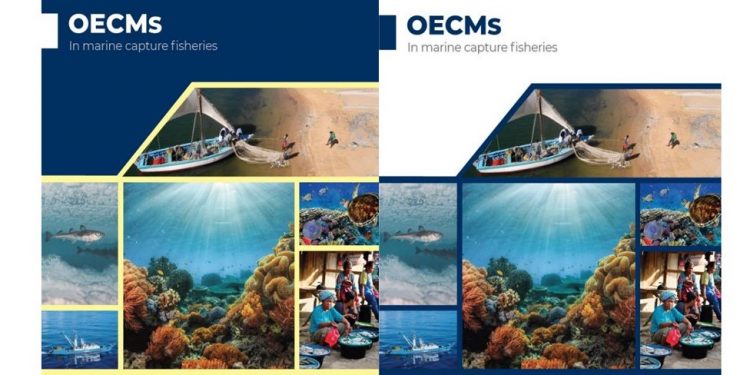OECMs in Marine Capture Fisheries
In 2010, in Nagoya (Japan), the CBD COP 10 adopted a Strategic Plan for Biological Diversity 2011-2020 containing 20 Aichi Targets to be reached, in most cases by 2020. Target 11 states that: “by 2020, at least…10 per cent of coastal and marine areas, especially areas of particular importance for biodiversity and ecosystem services, are conserved through effectively and equitably managed, ecologically representative and well-connected systems of protected areas and other effective area-based conservation measures, and integrated into the wider … seascapes”) (https://www.cbd.int/sp/targets/). In this Target, a new and undefined class of conservation instruments, the “other effective area-based conservation measures“ (OECMs), the spatial coverage and the biodiversity outcomes of which should be considered as incremental and complementary to that of MPAs in the achievement of Target 11. In 2018, the CBD COP 14 adopted the Decision 14/8 containing a formal definition of OECMs and provided the foundations for an effective process of implementation of OECMs and for their mainstreaming in fisheries. See more…
The CBD COP Decision (§2) defines Other Effective Area-Based Conservation Measures by the outcomes produced by the area: “a geographically defined area other than a Protected Area, which is governed and managed in ways that achieve positive and sustained long-term outcomes for the in-situ conservation of biodiversity, with associated ecosystem functions and services and where applicable, cultural, spiritual, socio–economic, and other locally relevant values” (CBD, 2018c). This definition does not specifically refer to economic sectors but a role of OECMs, clearly stated in many other parts of The Decision, is to acknowledge and possibly increase the positive, long-term biodiversity outcomes achieved through spatial management of economic activities. It is also to increase the use of sector-based spatial instruments to protect biodiversity features of concern in areas where sectoral activities could have an excessive impact on such features, if not managed appropriately.
Since 2016 FEG has been collaborating with the Secretariat of the CBD to help improve the awareness and understanding of OECMs in the fishery sector. Two new FEG documents are available, providing a framework for identification, use and performance assessment of OECMs in marine capture fisheries.
The documents are available at the following links:
- OECMs in Marine Capture Fisheries: Brief for Policy-Makers and Managers
- OECMs in Marine Capture Fisheries: Systematic Approach to identification, use and performance assessment
To provide feedback to the aforementioned documents, please use the form available here.



